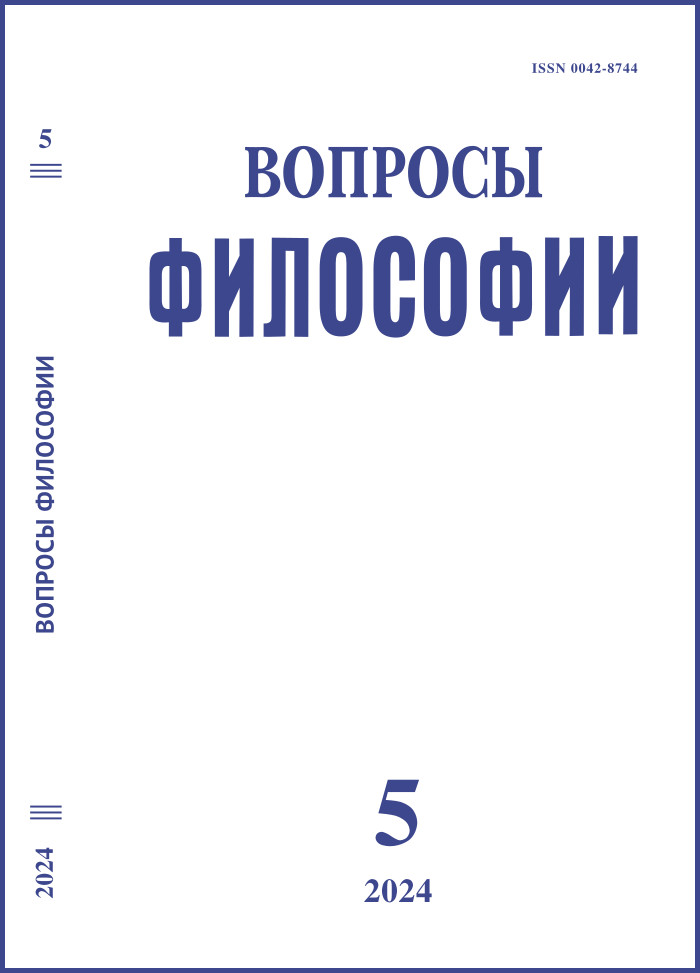Open Rationality: A Quarter of a Century Later (To the 90th Anniversary of Vladimir Schvyrev)
DOI:
https://doi.org/10.21146/0042-8744-2024-5-54-61Keywords:
Vladimir Shvyrev, rationality, “open rationality”, epistemology, science, reflection.Abstract
The article analyses the contribution of professor V.S. Shvyrev (1934–2008) in the development of the theory of rationality. In the 1970s–80s, he introduced the concept of “open rationality” into the thesaurus of domestic epistemological research, critically starting from the idea of rationality as a compliance with a fixed set of unchanging criteria (“closed rationality”). The “closedness” of rationality is associated with the theological and metaphysical origins of classical rationalism, the crisis of which in the modern world has become obvious. Absolutization of “closedness” leads to dogmatism, which inhibits development. This applies not only to scientific knowledge, but also to all forms of social life, mental and practical activity. Openness of rationality is the result of critical reflection in relation to these criteria, creating the possibility of changing their system. Critical reflection is the cause and, at the same time, a necessary consequence of rationality, the driving force for the development of knowledge and social systems. “Closed” and “open” rationality are related in meaning and are mutually definable concepts that make up “complementarity” (in the spirit of N. Bohr’s methodological principle). Rationality is not only a methodological principle but also a cultural value. Тherefore, its “openness” problematizes the development of culture. In this regard, critical reflection plays the role of a filter that protects against replacing the criteria of rationality with value judgments expressing various private interests. Such an approach to the problem of rationality, outlined in the works of V.S. Shvyrev, opens up the prospect of cultural-historical epistemology, which connects logic and methodology, history and philosophy of culture, philosophy of knowledge. This connection allows for a multilevel epistemological interpretation of special scientific (historical, sociological, and psychological) data on developing knowledge and social systems.

